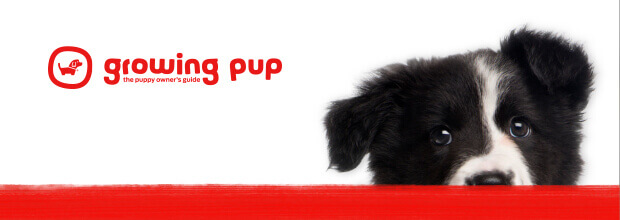- Dog suitable for owners with some experience
- Some training required
- Enjoys vigorous walks
- Enjoys walking more than two hours a day
- Large dog
- Minimum drool
- Requires grooming once a week
- Non hypoallergenic breed
- Quiet dog
- Not a guard dog
- May require training to live with other pets
- Great family dog









